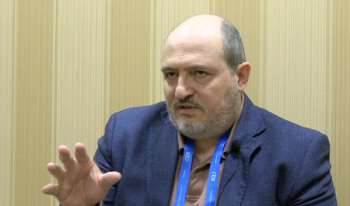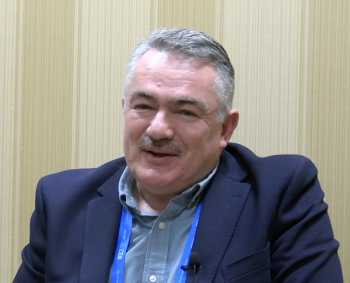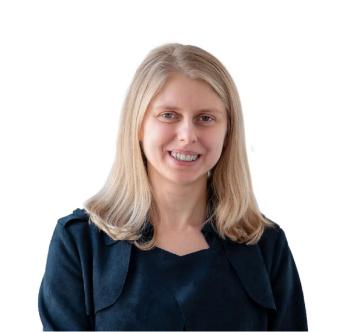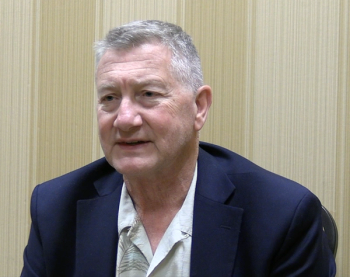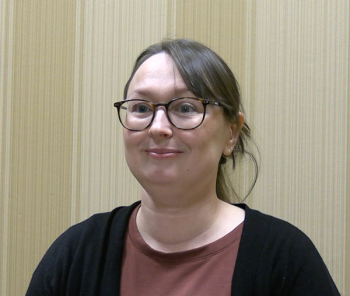
EAS 2024: Interviewing Igor Lednev, Winner of the EAS Award for Outstanding Achievements in Vibrational Spectroscopy
During EAS 2024, we interviewed Igor Lednev of the University of Albany about his storied career and his expectations for 2025.
During the 2024 Eastern Analytical Symposium (EAS), which was held November 18–20 in Plainsboro, NJ, various scientists were awarded and honored for their contributions to the analytical science community. One such award winner was Igor Lednev of the University of Albany, who was awarded the EAS Award for Outstanding Achievements in Vibrational Spectroscopy.
Igor Lednev is a Williams-Raycheff Endowed Professor in the Department of Chemistry at the University of Albany. His research typically focuses on analytical chemistry, vibrational spectroscopy, and biochemistry. He has also worked with SupreMEtric LLC and Early Diagnostics LLC, and he previously served on the White House Subcommittee for Forensic Science.
As part of our EAS 2024 coverage, we interviewed Lednev about his research, her award win, and what she pictures the future of vibrational spectroscopy to be like.
In this interview, Lednev asks the following questions:
- Congratulations on your EAS Award for Outstanding Achievement in Vibrational Spectroscopy! What does this award mean to you?
- Can you tell us about your work at SupreMEtric LLC? What is your team currently focused on, and what are the organization’s long-term goals?
- Could you tell us about your work at Early Diagnostics LLC and your long-term goals for advancing early diagnostic tests for Alzheimer’s disease?
- What advice would you give to analytical scientists interested in launching their own entrepreneurial ventures? Are there any notable practices that you can share?
- Is there any new or interesting research that your group at the University of Albany will be exploring that you’d like to highlight for our readers?
- You've served on the White House Subcommittee for Forensic Science. What emerging trends are you seeing in this field, and where do you believe further growth is needed?
- As the year ends, what emerging trends do you expect to shape vibrational spectroscopy in 2025 and beyond?
- What advice would you give to scientists just starting out in their careers?
To learn more about EAS 2024, you can look at our news coverage, which includes our interview with fellow award winner
Newsletter
Get essential updates on the latest spectroscopy technologies, regulatory standards, and best practices—subscribe today to Spectroscopy.

